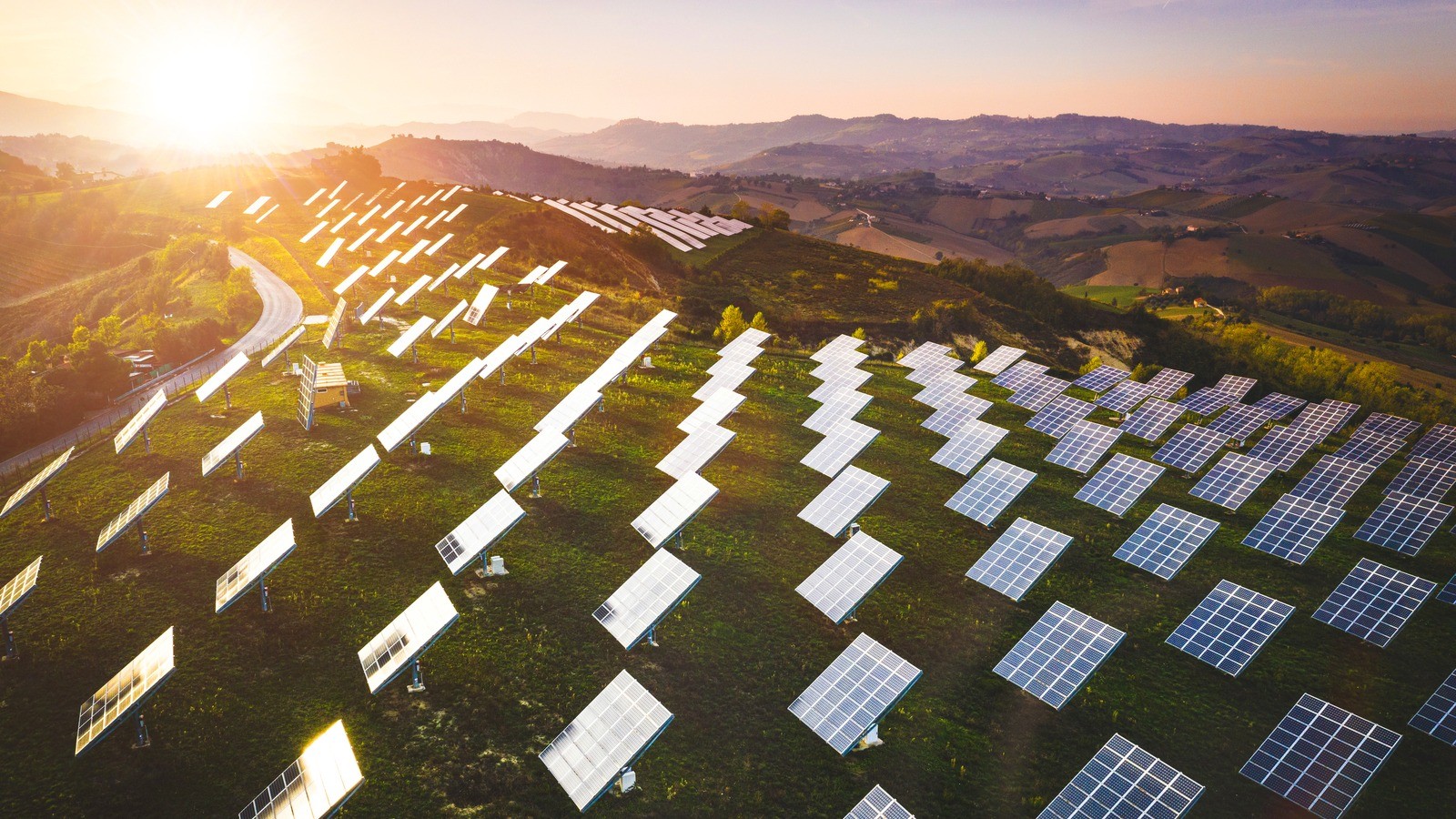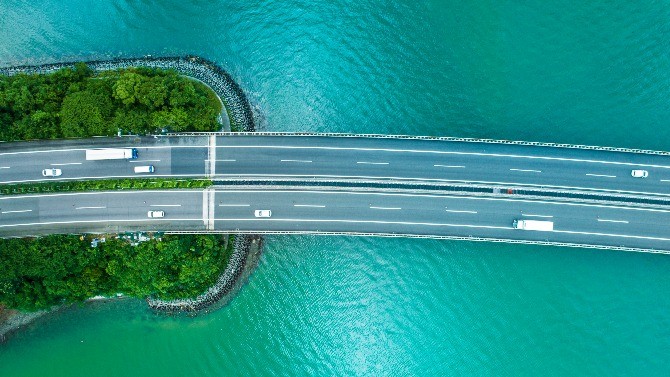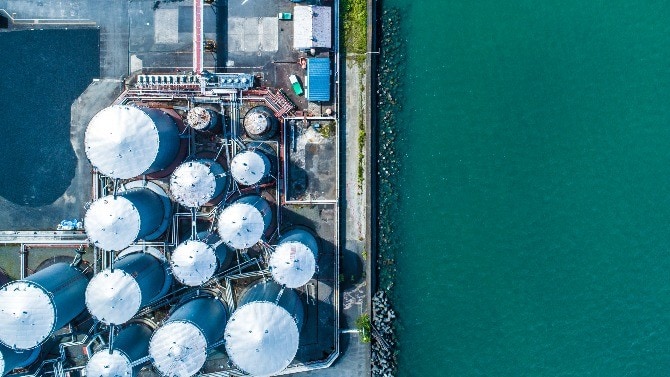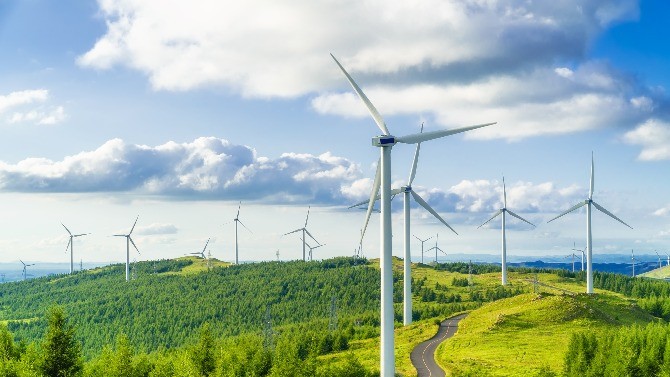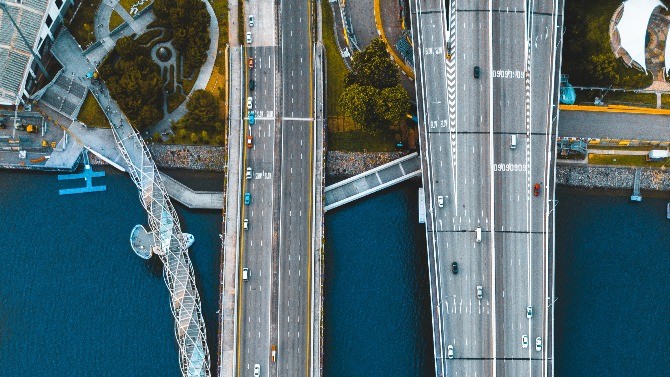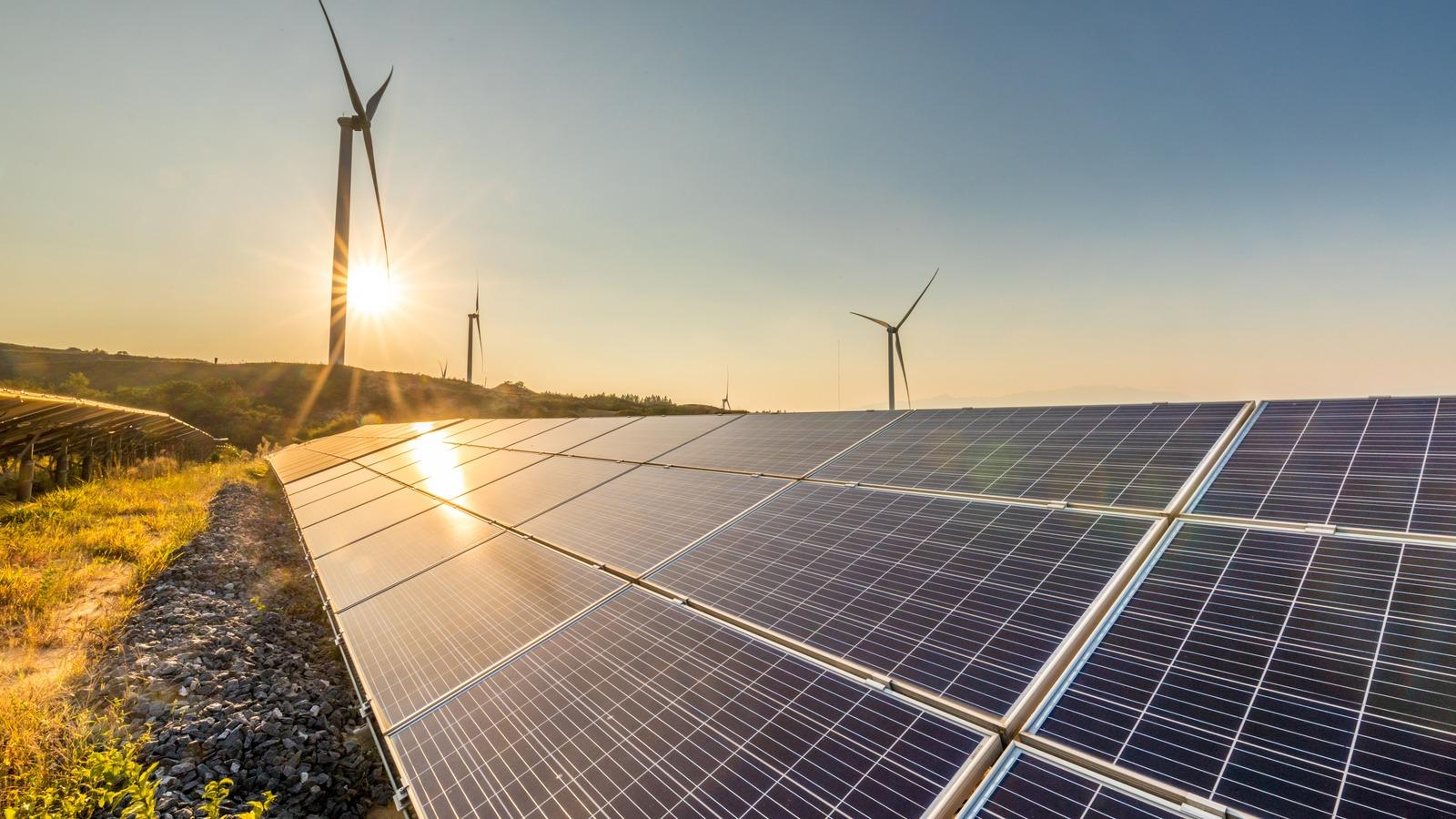{{item.title}}
{{item.text}}

{{item.text}}
Your opportunity to lead.

Asia Pacific is at the heart of global growth, biodiversity and supply chain connectivity – making the region both uniquely exposed to sustainability risks and uniquely positioned to lead.
Today, success is no longer just financial. From net zero to circularity, human rights to nature, the energy transition to supply chain resilience, ESG issues are reshaping how businesses operate, earn trust and grow. Technology is accelerating the change.
It’s your opportunity to rethink how your organisation creates long-term value – for people and the planet.
We bring together deep regional insight and leading technology to help embed sustainability at the heart of your business – across strategy, operations culture and finance – so you can move forward with confidence, purpose and impact.
Many Asia Pacific governments and regulators are moving decisively on sustainability – setting targets and reshaping policy, with markets responding in turn.
The opportunity for businesses? To make bold strategic moves to align your portfolio, offerings and capabilities with the opportunities that the sustainability agenda is creating. Entry to new markets, access to capital and cost efficiencies are all in reach. Seeing sustainability as a ‘compliance cost’ misses its commercial potential.
Sustainability isn’t just a lifeline for your continuing success – it can be your competitive edge.
Climate change is one of the defining challenges of our time – and Asia Pacific is at the centre of the solution. Home to more than 60% of the global population and nearly half of global GDP, the region also accounts for around 40% of global carbon emissions. The region’s choices will largely determine whether the world stays on track for a 1.5°C pathway – or faces deeper disruption.
The challenge is clear: climate risks are escalating, and current decarbonisation efforts aren’t moving fast enough. But the opportunity is just as powerful. With its capacity for innovation, scale and collaboration, Asia Pacific can lead the shift to a low-carbon economy – and redefine what sustainable growth looks like.
Decarbonising energy, reimagining cities, scaling circular models, and unlocking green capital aren’t just environmental imperatives – they’re economic ones. And they require bold, system-wide action from business, government and civil society.
This isn’t about waiting for perfect solutions. It’s about building momentum through real, measurable change – now.
Explore how we’re supporting decarbonisation across the region
Asia Pacific is home to some of the planet’s richest ecosystems – and some of the world’s most nature-dependent economies. Over half of the region’s GDP is highly or moderately reliant on nature.
Unchecked biodiversity loss poses serious risks to industries that rely on it – from agriculture and fisheries to construction and forestry. But it also presents an opportunity. A nature-positive approach – restoring ecosystems and integrating nature into business strategy – can unlock new pathways to resilience, innovation and long-term growth. It’s not just good stewardship; it’s smart business.
Leading businesses are now treating nature as strategic capital – embedding it into risk frameworks, investment decisions and supply chain models.
Asia Pacific has the potential to do more than preserve its natural assets – it can lead the world in redefining growth through nature.
As Asia Pacific accelerates towards a net zero economy, it must do more than decarbonise – it must ensure that people move forward, too. The region faces a dual challenge: cutting emissions while protecting livelihoods and promoting equity.
Change is already being felt – 68% of employees in our survey experienced major workplace change in the past year – yet more than half didn’t understand why. That disconnect risks undermining progress.
A ‘just transition’ means no one is left behind – especially vulnerable communities, small businesses and workers in high-carbon industries. By embedding social equity into climate action, businesses can create resilient jobs and upskilling pathways. The cost of getting it wrong is rising inequality. The opportunity? A stronger, more inclusive labour market.
A circular, inclusive economy could generate more than 153 million new formal jobs across Asia Pacific – transforming the region’s labour market. But businesses must lead – by making social impact part of core strategy, not an afterthought.
Because real climate progress doesn’t just cut emissions. It empowers people , driving long-term value and regional resilience.
Asia Pacific’s path to net zero will require trillions in capital – not only for clean energy, but to support inclusive and resilient growth. The region faces growing climate risks – but it also holds extraordinary potential to lead in green technology and investment.
Capital markets are no longer just onlookers – they’re emerging as key enablers. By directing financial flows towards sustainable outcomes, they can fast-track the shift to a low-carbon economy and unlock long-term value.
To lead this change, finance must go beyond sustainability as a compliance exercise and embed it into core investment decisions.
As the hub of global supply chains, Asia Pacific is uniquely positioned to lead the transformation to more sustainable, resilient supply chains.
Today, it’s not enough to be transparent. Companies are expected to actively manage carbon emissions, human rights, and community outcomes across every link of their supply chains. Getting this right isn’t just about compliance – it’s about strengthening risk resilience, building brand trust and creating long-term value.
Yet across the region, many challenges persist, especially for small and medium-sized enterprises. Limited sustainability awareness, access to data and finance capability can hold progress back. Overcoming these barriers demands a coordinated response: one that brings together digital traceability, supplier enablement, innovative funding and supportive policy.
Sustainable supply chains aren’t just the right thing to do – they’re the smart move for future competitiveness and growth.
Sustainability reporting has evolved – from a regulatory requirement to a strategic driver of business performance. Leading organisations are using reporting to improve environmental outcomes, mitigate risk, enhance governance, unlock capital, boost revenue and cut costs.
This shift reflects a deeper mindset change. Reporting is no longer just about transparency – it’s become a powerful tool for smarter decisions, operational efficiency and long-term resilience.
Sustainability reporting isn’t a checkbox exercise; it’s a strategic asset. It provides the data-driven insights you need to fuel growth, uncover new opportunities and lead with purpose towards a more sustainable future.
With fast-growing economies and rising energy needs, Asia Pacific is uniquely positioned to lead the charge in the global energy transition. The region has a powerful opportunity to innovate, scale solutions and shape policy and market outcomes.
Demand-side energy actions alone could cut energy use by up to 31% without reducing output – unlocking up to US$2 trillion in annual global savings.
Now is the time to act. By accelerating clean energy adoption and driving cross-sector collaboration, the region can generate real momentum towards a more resilient, low-carbon future.
Hosted by our ESG specialists across the region, this podcast explores the forces reshaping Asia Pacific – from emerging trends to future scenarios and the bold shifts businesses need to make now.
In each episode, you'll hear from business leaders and ESG experts as they share stories and discuss how organisations across the region are tackling real-world ESG challenges.
Hear what’s changing, why it matters, and how you can move forward with purpose.
Listen on your desktop or mobile device.
{{item.text}}

{{item.text}}
Our Asia Pacific Sustainability team is looking for more world-class solvers to join our community and make an impact. PwC offers roles as diverse as our teams, in an inclusive and exciting place to work. If you’re interested in being part of #TheNewEquation, we’d love to hear from you.
Andrew Chan
Jon Chadwick
Energy Transition, Partner, PwC Australia
Amy Cai
Sambitosh Mohapatra
Partner and Leader, Climate and Energy, PwC India
Yuliana Sudjonno
Hidetoshi Tahara
Partner, PwC Japan
Andrew Chan
Partner, Sustainability Reporting & Assurance Leader, Auckland, PwC New Zealand
+64 21 355 879
Catherine H. Lipana-Gomez
Eu-Lin Fang
Partner, Workforce Transformation, PwC South East Asia Consulting, PwC Singapore
+65 9660 5011
Steven Kang
Eliza Li
Chayathorn Chanruangvanich
Hoang Nam Nguyen
Partner, ESG Leader, PwC Vietnam
